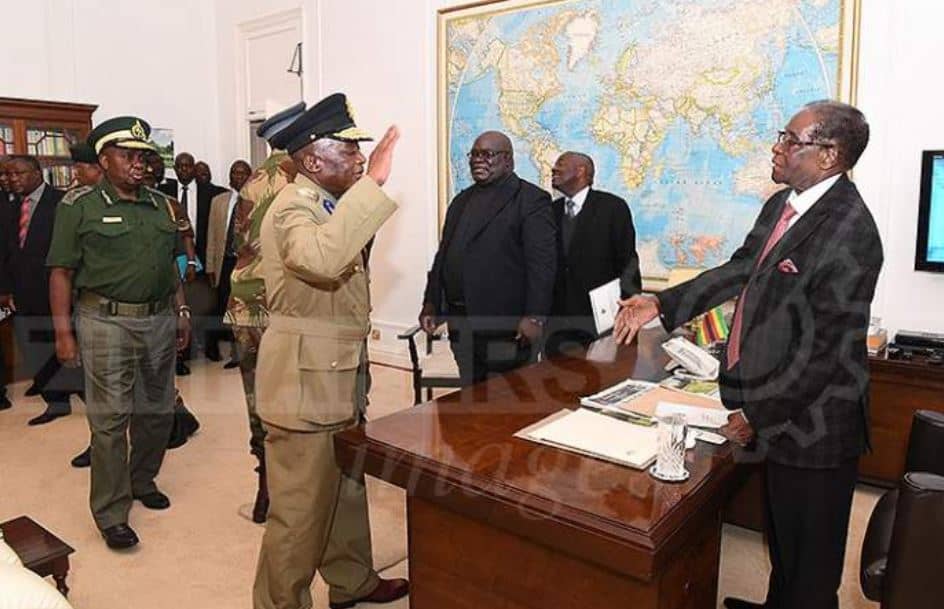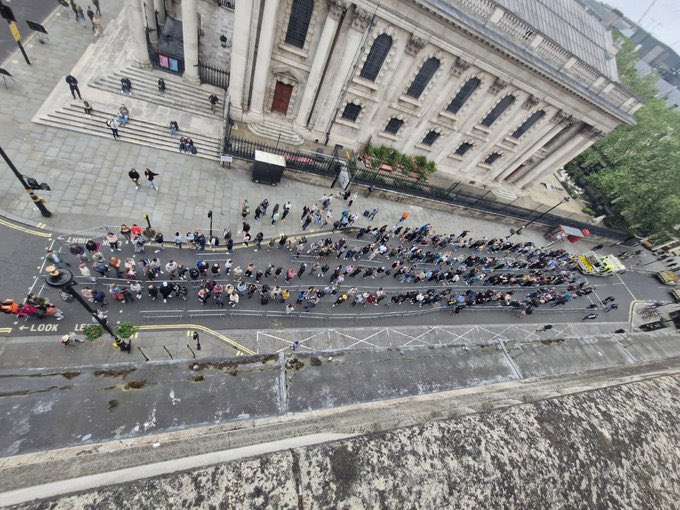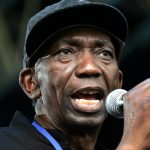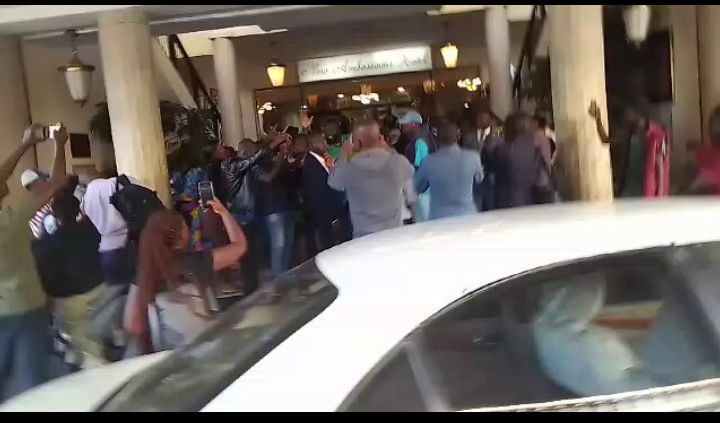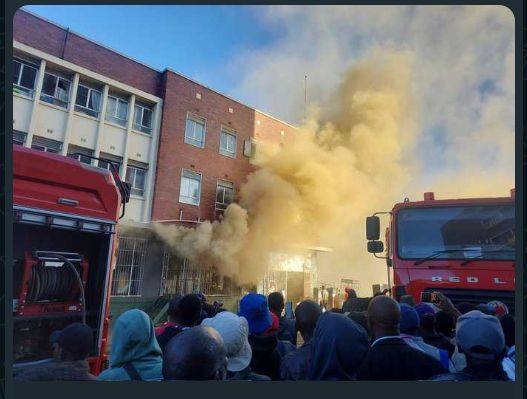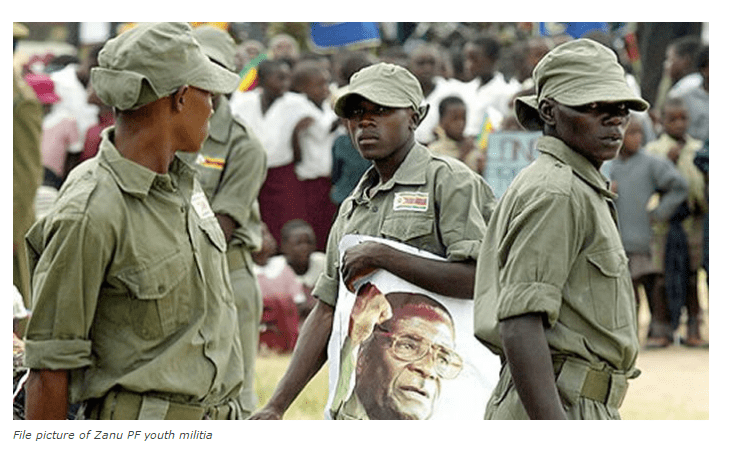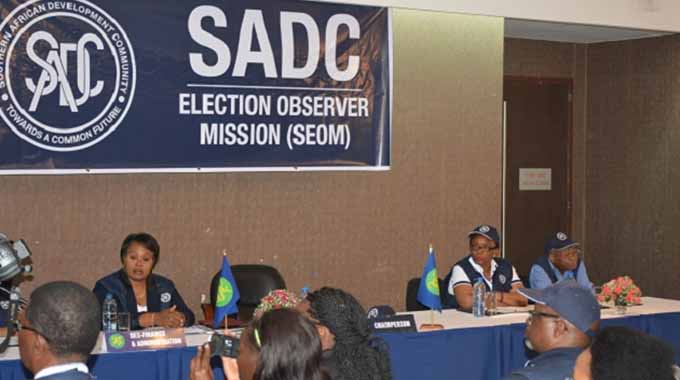…as MOPO gets Zimbabweans talking
ZwNews.com
Zimbabwe’s new Maintenance of Public Order Bill which seeks to replace the Public Order and Security Act, has set debates ablaze as Zimbabweans look into its provisions.
Meanwhile, some Zimbabweans say the new law to be, MOPO is prone to state abuse, as its predecessor POSA, adding that it is disheartening that the state only pick sections that suit its ends at that time.
People say while some provisions of POSA and other laws make legal sense, in terms of maintenance of peace and security, the authoritarian regime have always twisted the laws to suit selfish tastes.
Media analysts say that while MOPO and POSA are not that unique from laws in other countries, in terms of public management. It is the disregard of constitutional rights by the ZANU-PF government, and cherry picking of sections to suit its appetite of the day that has been a point for concern.
John Madere, a law student at a local college in Harare, says the ZANU-PF government has always been using the law selectively.
“It is not a secret, POSA has been used to suppress the people’s rights for association, especially when the gathering were deemed to be of opposition in nature. More often than not, opposition parties have been declined the right to convene public meetings, on the grounds of POSA provisions, while the ruling party was given green lights to convene theirs as they please,” says the third year law student.
He adds that it is this selective application of the law that has earned the country a bad reputation of being a lawless.
“Lack of rule of law is not characterised by absence of laws in a country, but the failure by the state to obey such laws. The ZANU-PF government has a countless times violated POSA’s provisions willy-nilly for selfish reasons,” he adds.
Constitutional lawyer Fadzayi Mahere, agrees adds that even the November 2017 match against former president of Zimbabwe, Robert Mugabe,
The March Against Bob in November 2017 was constitutional in line with section 59 of the Constitution (right to demonstrate peacefully and petition). “But it violated POSA as no notices were given, there was no convener and no formal authority was granted.
They allowed it because it suited their political ends,” says.
Meanwhile, over the years ZANU-PF has been using the law as a tool for oppression, in most cases opposition parties have been declined the right to conduct peaceful public gatherings. The state has been using the police not to authorise certain gatherings for silly reasons.
At one time, Nelson Chamisa’s Movement for Democratic Change was not granted permission to hold a gathering, with the police citing health implications, but ZANU-PF was given a green light. In some instances the ruling party allegedly planted malcontents in opposition gatherings to root and engage in destruction of property, as a way to discredit public gatherings conducted by opposition parties.

